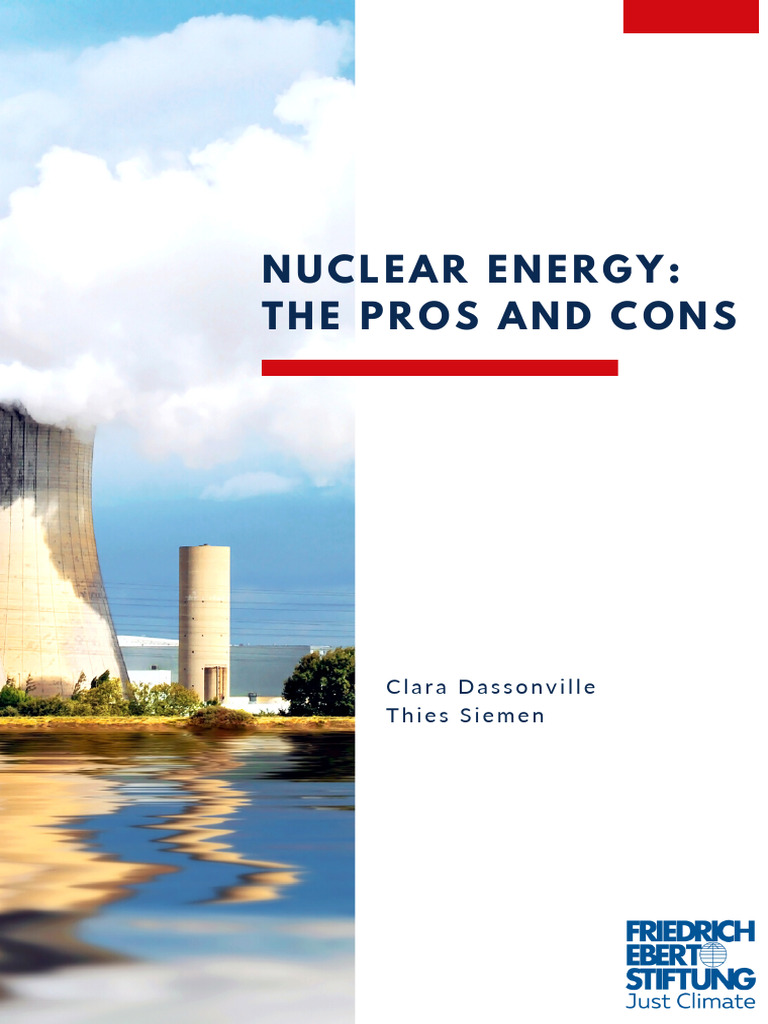Nuclear physics, as a discipline, stands at the fascinating intersection of theoretical inquiry and applied science. It encapsulates the study of atomic nuclei, their interactions, and the fundamental forces governing them. As the modern world increasingly recognizes the pivotal role of nuclear energy and technology, the allure of pursuing a career in this illustrious field becomes apparent. However, becoming a nuclear physicist involves navigating a labyrinth of pros and cons, each laden with its own complexities and implications.
At the forefront, one of the most compelling advantages of entering the realm of nuclear physics is the profound impact on energy sustainability. In an era beset by climate change and dwindling fossil fuel reserves, nuclear energy emerges as a viable alternative, capable of providing substantial power with minimal greenhouse gas emissions. Nuclear physicists play a crucial role in advancing technologies that harness fission and fusion processes. The pursuit of clean, efficient energy is a noble endeavor, appealing to those motivated by environmental stewardship.
Furthermore, the field of nuclear physics offers a plethora of career opportunities across diverse sectors, including academia, industry, and government research. Employment prospects range from working in nuclear power plants and medical physics to contributing to cutting-edge research in particle physics. This versatility can be enticing for aspiring physicists, providing a stable and lucrative career path. The demand for skilled nuclear physicists remains robust, owing to technological innovations and the increasing integration of nuclear technology into various applications.
An additional merit of this discipline is the intellectual rigor it demands. Theoretical and practical challenges inherent in nuclear physics foster critical thinking and problem-solving skills. Engaging with complex concepts such as quantum mechanics, radiation physics, and nuclear interactions sharpens analytical abilities, thus enriching intellectual capacity. This heightened cognitive engagement can be a significant motivating factor for those who thrive on challenges and seek to expand their understanding of the universe.
Moreover, a career in nuclear physics often contributes to groundbreaking research that can redefine boundaries within the scientific community. Nuclear physicists have the opportunity to participate in collaborative projects that may lead to substantial advancements in medicine, such as the development of new diagnostic imaging techniques or targeted radiation therapies for cancer treatment. Involvement in such transformative research can be deeply satisfying, providing a sense of purpose and accomplishment.
However, despite these alluring prospects, pursuing a career in nuclear physics is not without its drawbacks. One of the primary concerns is the societal stigma surrounding nuclear energy. The catastrophic events at Chernobyl and Fukushima have instilled fear and skepticism regarding nuclear technology. As a nuclear physicist, one may grapple with public misconceptions and resistance to the advancements and benefits that nuclear energy can bring. This ongoing struggle to communicate the safety and effectiveness of nuclear technology can be disheartening and frustrating, particularly when efforts are made in good faith.
Additionally, the profession is not immune to ethical dilemmas. The dual-use nature of nuclear technology—where the same scientific advancements can be applied to both civilian and military applications—poses significant moral questions. The proliferation of nuclear weapons remains a pressing concern, creating a complex ethical landscape for those working in the field. Nuclear physicists must navigate these treacherous waters with a conscientious awareness of the implications of their work, which can weigh heavily on one’s professional conscience.
The rigorous academic requirements to become a nuclear physicist also pose a significant barrier to entry. The journey typically involves extensive education, encompassing a Bachelor’s degree in physics, followed by advanced degrees that require a considerable time investment. Students must not only grasp theoretical concepts but also engage with demanding experimental techniques and significant mathematics. Many aspiring physicists may find the extensive commitment—both financially and temporally—daunting, leading to high attrition rates in the field.
Moreover, the work environment for nuclear physicists can prove to be intensely competitive. Collaboration is often essential, but there exists a dichotomy between collaborative projects and individual recognition. The pressure to publish and contribute original research can foster a cutthroat atmosphere, particularly in top-tier research institutions. The stress associated with such an environment may detract from the intrinsic joy of discovery, potentially diminishing job satisfaction.
Finally, health risks associated with exposure to radiation present a pragmatic con to the profession. Rigorous safety measures are standard in the industry, with extensive training on radiation protection protocols. Nonetheless, the inherent risks persist, and nuclear physicists must remain vigilant regarding their occupational safety. The specter of radiation exposure can lead to long-term health issues, including an increased risk of cancer, thus necessitating a cautious approach to lab work and research activities.
In summation, the journey to becoming a nuclear physicist is replete with both formidable advantages and challenging drawbacks. The opportunity to contribute to energy sustainability, engage in intellectually stimulating work, and affect significant advancements in medicine presents a compelling case for the pursuit of this vocation. However, the societal stigma, ethical complexities, rigorous educational demands, competitive work environment, and attendant health risks reveal the multifaceted nature of this noble profession. Ultimately, the decision to embark on this path should be guided by both passion and a thorough understanding of the implications of working within this seminal field of science.












